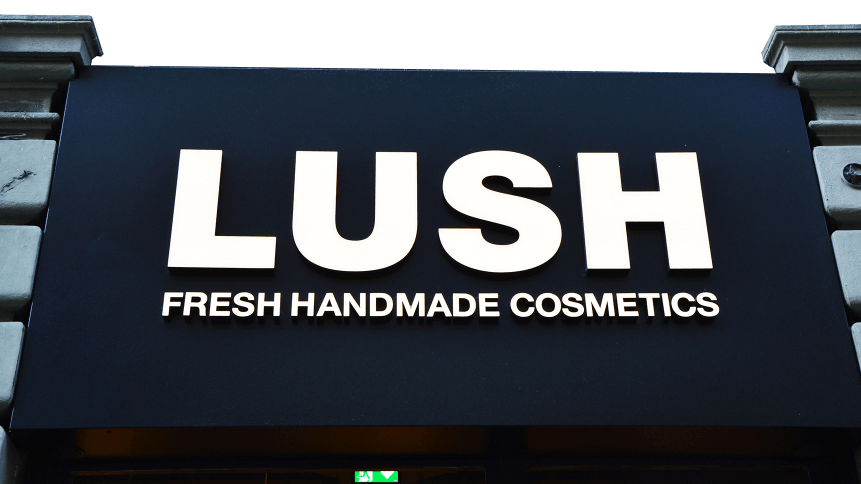Is a break from social media a good idea?

Earlier this month, UK cosmetics firm Lush announced it would be getting rid of its social media channels. To the customers, fans of the brand, and digital marketers of the world, the news was met by bafflement.
Why would a brand with an impressive 570k follower count on Instagram alone, even think about hitting the delete button?
According to Lush’s social media statement, the reasoning behind their decision is due to frustrations over “fighting with algorithms”.
“We are tired of fighting with algorithms, and we do not want to pay to appear in your newsfeed. So we’ve decided it’s time to bid farewell to some of our social channels and open up the conversation between you and us instead,” a statement read.
Moving forward, if you wish to contact Lush, you can do so in a slightly less modern way – through email, live chat, or – (millennials cover your eyes) – a good old-fashioned phone call.
While the announcement had people scratching their heads, the frustrations felt by the global company regarding social media algorithms is sure to be reciprocated by other companies.
Zuckerberg’s January announcement of an algorithm update that will favor content from friends and family over posts from brands and publications sparked mass debate in the marketing world.
Brands big and small are now left with the challenge of trying to capture the attention of audiences and are having to work extremely hard to elevate their content above the noise of others. But it’s not only the unpredictability of algorithms that are leading brands and marketers to quake in their boots— there have been many changes to various social media that have added to this confusion.
For instance, influencers now must explicitly tell their following if they’ve been paid to post an ad, which arguably robs the post of the sense of authenticity which consumers seem to love so much.
Adding to this is the recent rumor that Instagram is trialling the removal of its likes count— the currency of social media marketing. Similarly sentiments were voiced by Twitter’s founder in a recent TED interview, if for a different set of underlying reasons.
So it seems that the world of social is becoming somewhat uncertain for marketers. Despite the strain that social media changes have put on many businesses, however, there is no doubt that the move to rid of social platforms altogether is still a gamble for Lush.
YOU MIGHT LIKE

Get back to your authentic self on social media
With almost 3.5 billion social media users in the world today, representing roughly 45 percent of the world’s total population, social media platforms have long proven to be an asset for many businesses in terms of building brand awareness, marketing, and customer loyalty.
At the same time, consumers still rely heavily on social to engage with brands. In fact, Sherpa Marketing found that more people follow brands on social media than celebrities, while 60 percent of Instagram users say they discover new products on the platform, according to Facebook.
While part of its motive for disconnecting from social media was to create a more direct relationship with consumers, by parting with social media, Lush will arguably lose that important connection.
Social platforms (especially Twitter) are key platforms for customers to ask questions, get in touch with the brand, and give feedback. It provides consumers with a faster and more direct alternative to engage with brands, as opposed to waiting in long call queues or waiting on an email reply.
While other channels are available, according to an eMarketer survey, 32 percent of US internet users say phone is the most frustrating customer service channel, while only 6 percent say the same for Twitter and 5 percent for Facebook.
Meanwhile, with more than half of US internet users choosing to cease doing business with a brand due to poor customer service, this could really prove to be detrimental for the company.
So, will Lush’s bold move set the precedent for other businesses? Should we expect a trend in “social media strikes”? From my own perspective, it’s difficult to understand how deleting your social presence could really benefit any brand.
That said, it’s hard not to admire businesses for trying a new approach and daring to be different- and I’m excited to see how Lush may leverage technology such as artificial intelligence to build its customer engagement strategies in alternative ways. For now, we will just have to wait and see.









